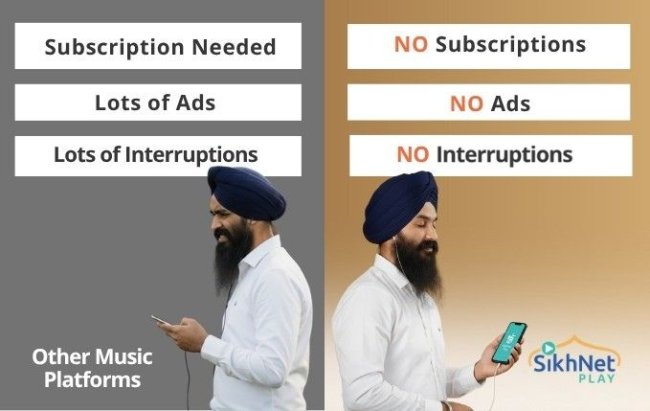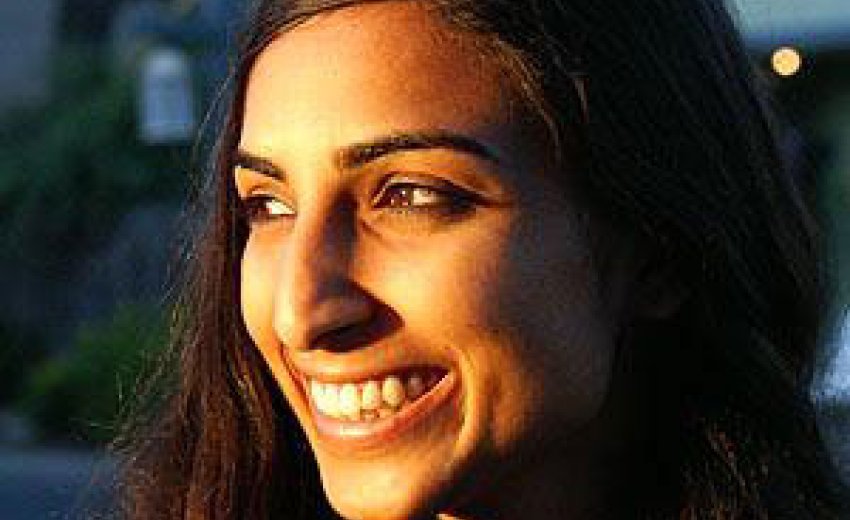 Valarie Kaur was only 20 when she set out on a cross-country trek to gather stories inspired by hate crimes and violence against Sikh Americans following the Sept. 11, 2001, attacks.
Valarie Kaur was only 20 when she set out on a cross-country trek to gather stories inspired by hate crimes and violence against Sikh Americans following the Sept. 11, 2001, attacks.
Seven years later, her story is being watched and discussed around the country.
Tonight, her provocative, award-winning documentary, "Divided We Fall: Americans in the Aftermath," will be shown at 7 p.m. at Macalester College in St. Paul.
Kaur's film examines the larger question of "who counts" as American. On a two-year international tour, the film has won more than a dozen awards and reached 150 campuses and communities in 90 cities across the United States
"It has been a profound, extraordinary journey," Kaur said in a telephone interview Monday. "I had to reconcile the America I knew with the stories of fear and hate in the immediate aftermath of 9/11."
After 9/11, Kaur, who had no experience in filmmaking, took a leave of absence from Stanford University in California and "got in a car with my cousin, who had a camera, with questions that weren't getting answered on the evening news."
Tommy Woon, the dean of multicultural life at Macalester, who knew Kaur while teaching at Stanford, said, "Her message is to overcome hate while providing hope."
Kaur, who will not be present at Macalester tonight, was further inspired to film after learning about the murder of Balbir Singh Sodhi, a Sikh immigrant, in front of his Mesa, Ariz., gas station by a man who claimed he was taking revenge for the attacks.
Kaur traveled through California, then to the site of Sodhi's murder, and to New York and Washington.
In D.C., a man screamed "Go home!" at her. And while she was interviewing a man who wore a turban on a New York street, a passerby yelled at him, "Hey, terrorist! Take off that turban!"
Although scared at times, Kaur, now 27, said her experiences motivated her to press forward. She even went to India to interview Sodhi's widow.
More than 100 hours of footage were edited down to a two-hour documentary. After showings, viewers usually are moved to hold heartfelt discussions.
"I talked to Sikhs, Muslims, Arabs, Hindu South Asians, even Latinos who had brown skin. Suddenly we were all swept up together," said Kaur, now a student at Yale University Law School. "Every community has been seen as outsiders, whether they were Native Americans who were already here, African Americans in bondage, even Europeans who came on the Mayflower."
"All of us, every single one of us, has at some point been seen as outsiders," Kaur said.
"That is the heart of the film."
Terry Collins • 612-673-1790

